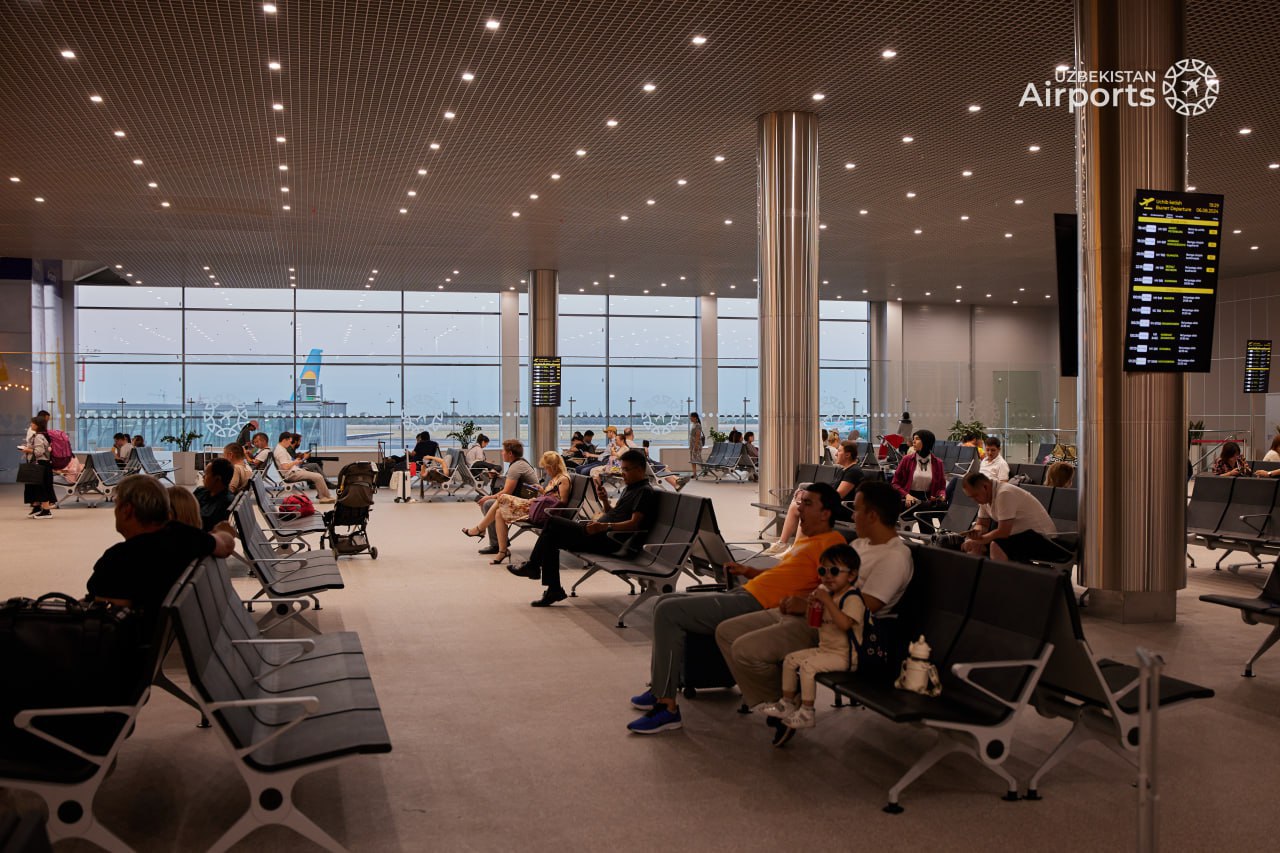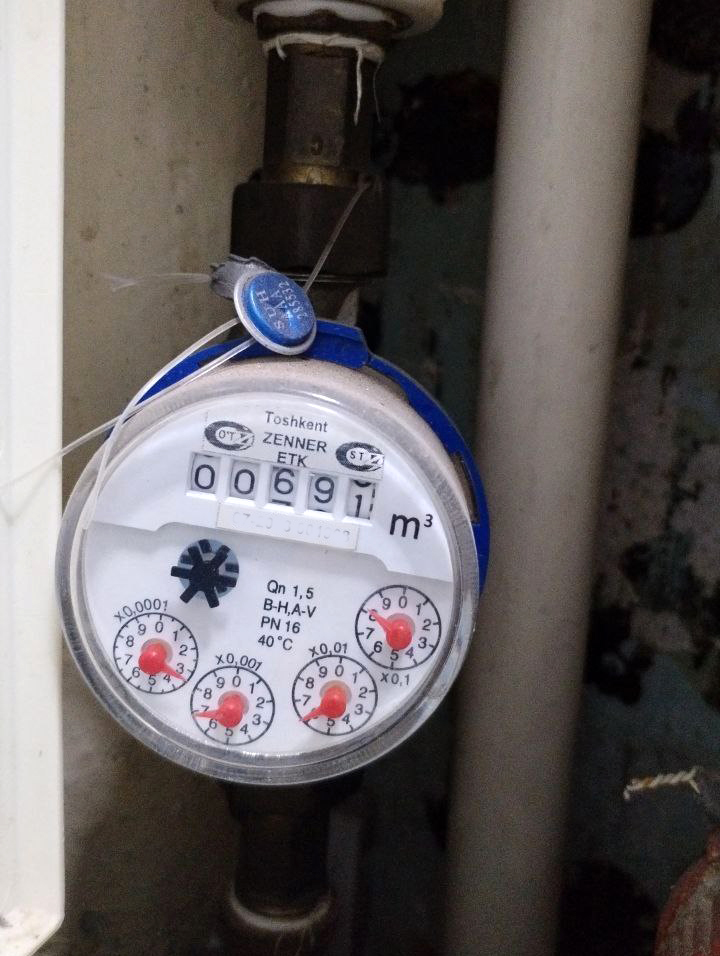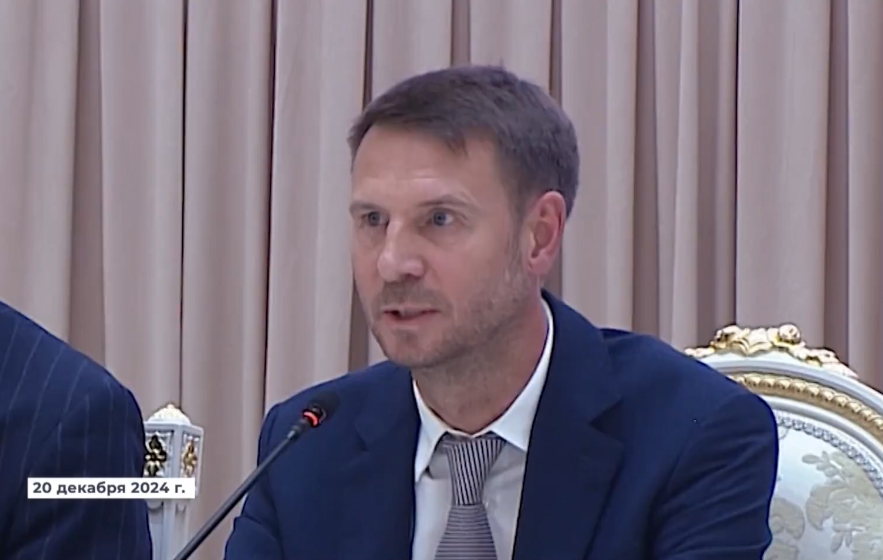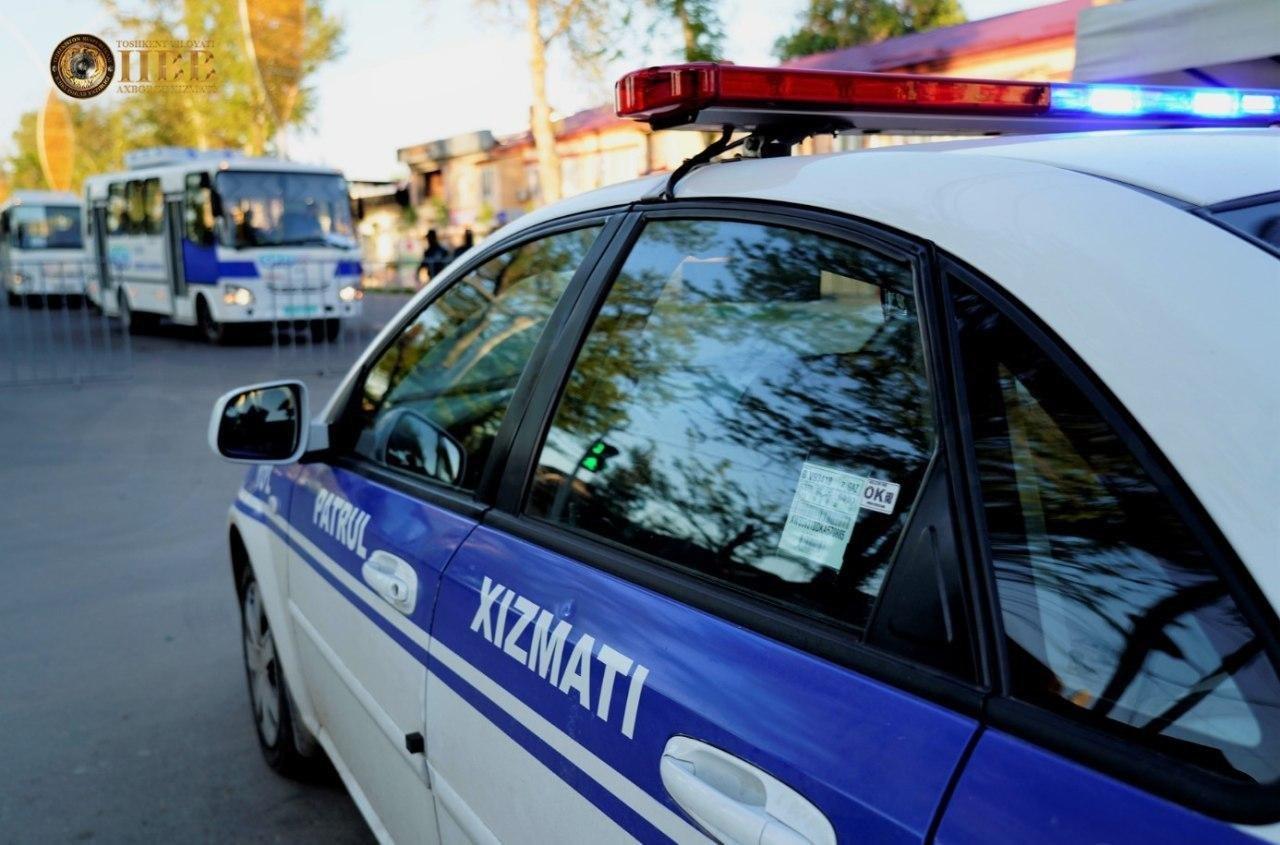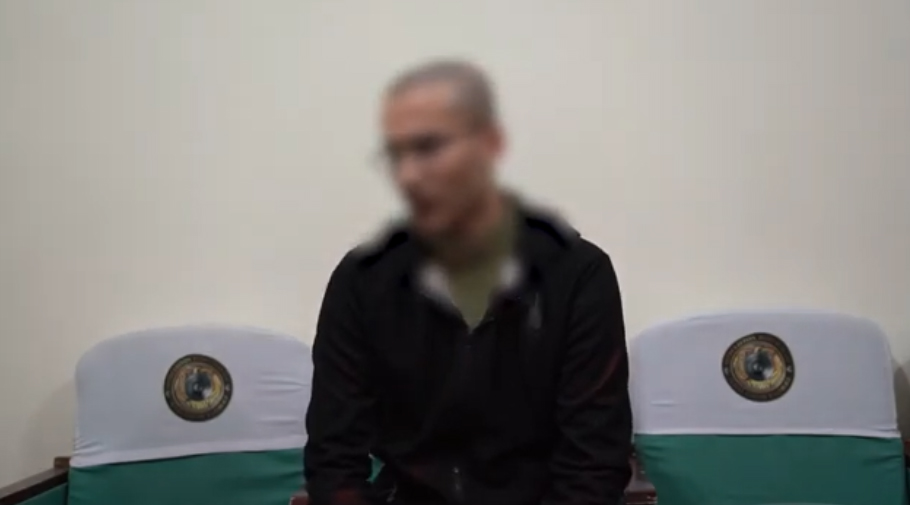This article is also available in:
Русский (Russian)
Uzbek
Uzbekistan’s airports are implementing a series of measures to prevent the spread of monkeypox. These steps are aimed at protecting the population and preventing the disease from being imported from abroad, even though the main focus of the virus’s spread is in African countries that do not have direct air connections with Uzbekistan.
One of the key steps in this effort was the organization of seminars on August 20-21 in collaboration with the Center for Sanitary and Epidemiological Wellbeing. These seminars were conducted for airport medical workers, providing them with in-depth knowledge on the etiology, clinical features, epidemiology, diagnosis, and prevention of monkeypox. Such events are aimed at enhancing the readiness of medical services for potential cases and ensuring prompt response.
Additionally, all international airports in the republic have intensified their sanitary and educational work with staff. Airport employees are provided with simplified information about the symptoms and prevention of monkeypox and are given visual training to identify signs of the disease. These measures will help staff promptly identify potential cases of the disease and take appropriate action.
One of the important tools in combating the possible spread of the virus is the permanent installation of thermal imaging cameras. These devices allow for the remote measurement of passengers’ temperatures, enabling the quick identification of individuals with fever, which may be one of the symptoms of the disease.
According to information provided by the Medical Support Development Department of Uzbekistan Airports, based on data from the World Health Organization (WHO), the new strain of monkeypox is spreading mainly in African countries that do not have direct air connections with Uzbekistan. Nevertheless, the precautionary measures being taken play an important role in ensuring the safety of the population and preventing potential threats.
The measures taken underscore the serious attitude of Uzbekistan’s authorities towards public health issues and their readiness to respond quickly to potential epidemiological challenges. In the context of global population mobility, these measures represent an important element of protection and prevention of disease spread through international transport hubs.
Monkeypox: What You Need to Know
Monkeypox is a highly contagious viral disease. Initially, the virus was transmitted from animals to humans, but now it can also be transmitted from person to person through direct physical contact, such as during sexual activity, as well as through airborne transmission if the infected person breathes on someone else or speaks closely to them.
The virus can also spread through contact with contaminated objects, including bedding, clothing, and towels.
Monkeypox can be transmitted through close contact with infected animals, such as monkeys, rats, and squirrels.
The disease is accompanied by flu-like symptoms, as well as a rash and blisters on the skin. The rash often appears on the face and then spreads to other parts of the body, most commonly the palms and soles of the feet.
In severe cases, lesions can cover the entire body, especially the mouth, eyes, and genitals.
The rash, which can be very itchy or painful, goes through several stages. Eventually, a scab forms, which later falls off, potentially leading to scarring.
The overall duration of the disease is 14 to 21 days, and it can resolve on its own. However, in some cases, infection with the virus can be fatal (on average, in four out of every hundred cases), especially among vulnerable groups, including young children.
Anyone in close contact with someone showing symptoms of the disease can contract the virus. Young children may be among the most vulnerable because their immune systems are still developing. Some experts believe that young children may be at higher risk because they interact more closely with one another.
People with weakened immune systems and pregnant women are also more vulnerable.
It is recommended to avoid close contact with people infected with monkeypox and to wash hands with soap. Infected individuals should isolate themselves from others until all lesions on their bodies have healed.
The text has been translated by AI. For more accurate information, please refer to the Russian version of the article.

